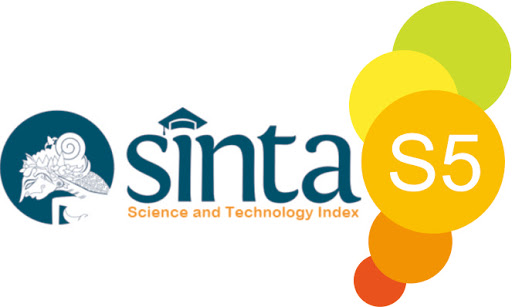Promoting Positive Deviance from PIK POTADS North Sumatra to Improve the Quality of Life of Down Syndrome Children
DOI:
https://doi.org/10.32734/abdimastalenta.v8i2.11540Keywords:
Down Syndrome, Positive Deviance, Community ServicesAbstract
Down syndrome (DS) is a chromosome 21 condition that leads to abnormalities in a number of organs, unusual facial traits, as well as intellectual and developmental problems. It takes more time, effort, and patience to raise kids with DS, which makes it a hard undertaking. Another challenging difficulty is the significant amounts of stress and sadness that DS parents experience. With the help of strategies and local values, this program seeks to educate parents of DS patients so they may create social change (positive deviation). This service is provided in two stages, socialization and education, as well as genetic counseling, to help influence social change in society, particularly in families with DS children. According to socialization research findings, the biggest health issues for kids with DS are metabolic and dietary issues. During discussion, parents' emotional states were also exposed. In order to learn more about the family history of genetic illnesses and risk factors, parents receive genetic counseling. A variety of experts are involved in this service's education, including psychologists, psychiatrists, and pediatricians, who can give an overview of how to appropriately care for DS.
Downloads
Downloads
Published
Issue
Section
License
Copyright (c) 1970 ABDIMAS TALENTA: Jurnal Pengabdian Kepada Masyarakat

This work is licensed under a Creative Commons Attribution-ShareAlike 4.0 International License.
The Authors submitting a manuscript do so on the understanding that if accepted for publication, copyright of the article shall be assigned to Jurnal Abdimas TALENTA as well as TALENTA Publisher Universitas Sumatera Utara as the publisher of the journal.
Copyright encompasses exclusive rights to reproduce and deliver the article in all forms and media. The reproduction of any part of this journal, its storage in databases and its transmission by any form or media, will be allowed only with written permission from Jurnal Abdimas TALENTA.
The Copyright Transfer Form can be downloaded here.
The copyright form should be signed originally and sent to the Editorial Office in the form of original mail or scanned document.












